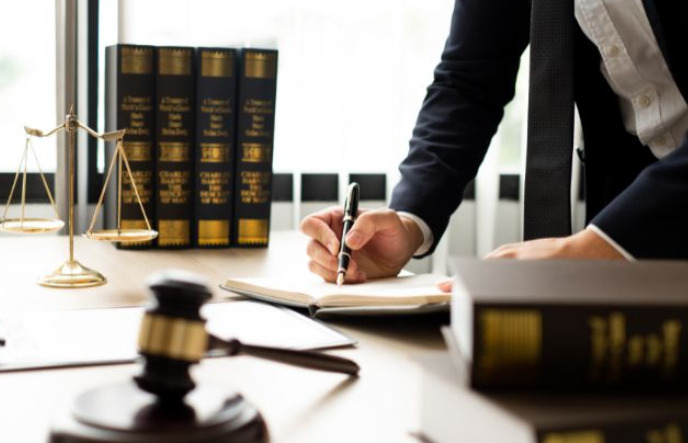
You deserve reliable legal representation when your career, reputation, and freedom hang in the balance. Criminal defense attorneys are trained to protect the rights of accused citizens. This is their duty to the Constitution, which guarantees all people due process and legal counsel. Criminal defense attorneys often work with clients before they are arrested or charged. They can help avoid negative media coverage affecting jury selection and witness testimony.
1. Conduct Your Investigation
A criminal arrest can have life-altering consequences, including jail time, a record, and a diminished future. Criminal defense attorneys are skilled negotiators and will work with prosecutors to find a favorable resolution, such as a plea bargain for a reduced sentence or placement into specialty court programs.
An excellent criminal defense attorney Philadelphia will thoroughly investigate the facts of your case. They will interview witnesses and review police reports, digital media evidence, and any other information that can be obtained through discovery motions.
They will also check for any violations of your constitutional rights, such as illegal search and seizure or entrapment. They will analyze any encounters with law enforcement officers to determine whether the officer followed protocol in questioning you. They will then challenge any evidence improperly collected or handled by the prosecutor or police department. The goal is to create enough doubt to make a jury see you as not guilty of the charges against you.
2. Examine the Evidence
Philadelphia federal criminal defense lawyers create a defense strategy tailored to your case using the independent investigation, evidence, and information obtained in discovery, along with their understanding of your circumstances. This includes identifying procedural errors or weaknesses in the prosecution’s case, challenging evidence, and assessing witnesses.
They also prepare you for trial by advising you on which questions to answer and what you should not say, attending interviews with police, and handling requests from the prosecution for interview responses or additional information on your behalf.
They may engage experts who can offer specialized knowledge or opinions on evidence that might strengthen your defense. At trial, your criminal defense attorney will present your defense and cross-examine the prosecution’s witnesses. Their primary aim is to present reasonable doubt in the mind of a judge or jury, which could lead to an acquittal. They can even file motions to suppress specific evidence if it was obtained illegally, such as alleging chain of custody issues or concerns like coercion or entrapment.
3. Negotiate With the Prosecutor
The United States Constitution guarantees that you are allowed legal representation throughout the criminal justice process. Your attorney will negotiate with prosecutors to resolve the case in the best interest of you, your life, and your family. When a prosecutor looks at your file, they see your name and a list of charges.
A good defense lawyer also knows how to highlight weaknesses in the prosecution’s case, such as a lack of evidence that proves guilt beyond a reasonable doubt or an inability to compel your client to testify against themselves. The best attorneys will counsel you on the cost/benefit of accepting or rejecting a plea offer but will never force you to take one.
4. Represent You at Trial
Being arrested is one of the most traumatic experiences anyone can go through. Getting handcuffed, read your rights, and taken to jail is scary enough but knowing that the District Attorney’s office is building a case against you is even worse. Criminal defense lawyers are skilled at protecting your rights in court, utilizing tactics such as filing motions, cross-examining witnesses, and utilizing expert witnesses to expose weaknesses in the prosecution’s case.
Final Words
Their extensive knowledge of legal procedures ensures adherence to state law and increases your chances for a favorable outcome. An excellent criminal defense attorney will fight to keep you out of jail by negotiating reduced bail or a plea deal.
They will ensure that your constitutional rights are protected throughout the investigation and judicial process, including your right to remain silent and protection against unlawful search and seizure. They will also explain the entire court process so you feel safe about what is happening with your case.